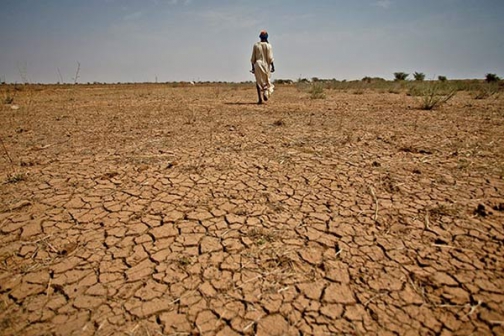×
The Standard e-Paper
Kenya’s Boldest Voice

BARCELONA: Nearly 1 million children need treatment for severe malnutrition in eastern and southern Africa due to drought that is putting millions more at risk of hunger, water shortages and disease, the U.N. children's agency said on Wednesday.